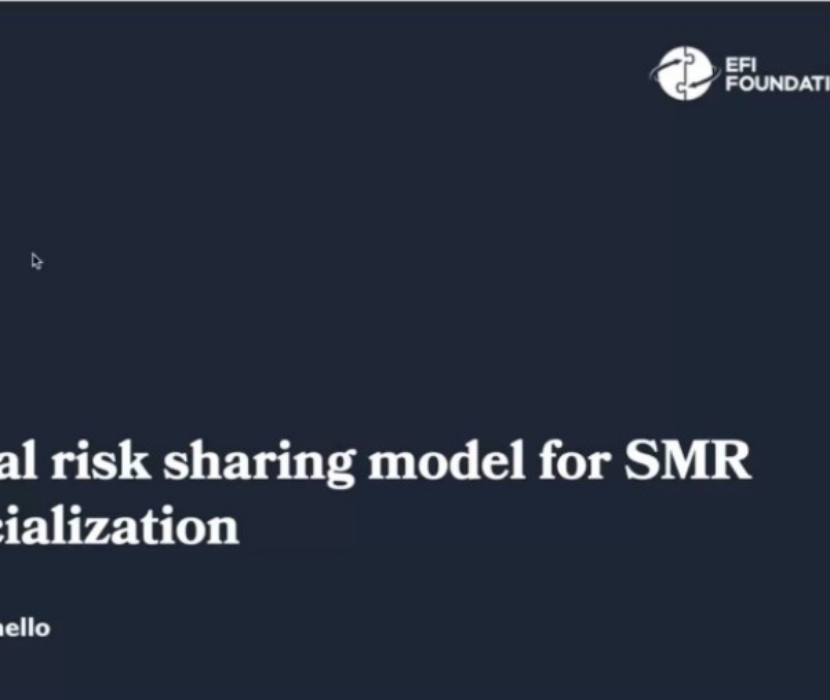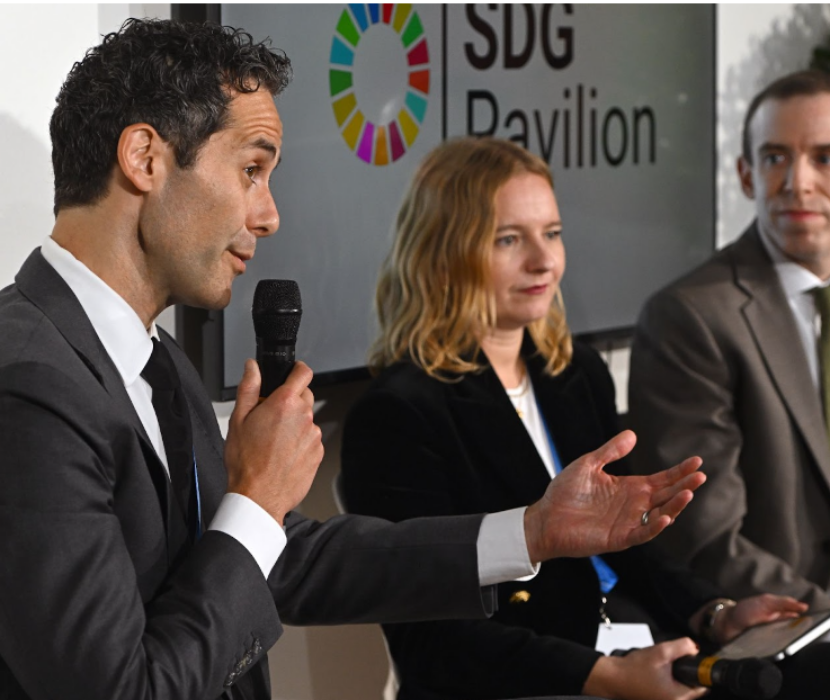
On Wednesday, June 30, Labor Energy Partnership, an initiative of Energy Futures Initiative (EFI) and the AFL-CIO hosted a launch event for the latest report, Building to Net-Zero: A U.S. Policy Blueprint for Gigaton-Scale CO2 Transport and Storage Infrastructure. Featuring a conversation between former Secretary of Energy Ernest Moniz and current Deputy Secretary of Energy David Turk, the latter remarked on the report, “there is a very logical hub focus, tons of mapping in this report — this is what we are going to need to have a real-world plan. A place-based strategy, community-based strategy, this is what is needed for an energy transformation.”
This launch event shared key findings from the report, providing a forum for speakers and participants to discuss the role of CO2 infrastructure in a net-zero future. EFI’s Anne Canavati and Alex Kizer spoke on the specifics, largely how this infrastructure supports deep decarbonization goals in three ways: supporting removal of CO2 from the atmosphere, preserving jobs in hard-to-decarbonize sectors, and creating new industries and good quality jobs.
“Hub development is key, CO2 infrastructure can connect multiple capture and removal sites, supporting multiple clean energy pathways across economic sectors,” said Kizer during the event. “Large-scale CO2 infrastructure could enable emissions reductions on a gigaton scale; for perspective, removing a gigaton of emissions is equivalent to removing over 200 million cars from the road.”
The event also featured remarks from James Slevin, President of Utility Workers Union of America (UWUA), who underscored the importance of carbon capture, utilization, and storage (CCUS) infrastructure expansion: “As a union leader concerned about climate change and workers’ livelihoods, developing an American CCUS sector, including storage and transport, is a win-win situation.”
Canavati underscored the need for labor input and support, commenting, “[Support from labor groups] is essential and included in this report, there is a huge opportunity for worker crossover in CCUS opportunities and a significant need for boilermakers, utility workers, pipeline workers, and welders.”
The report also presents policy options for CO2 infrastructure, including 35 recommendations to 8 federal agencies, the White House, and Congress. Learn more about the report here.
(Share this post with others.)




